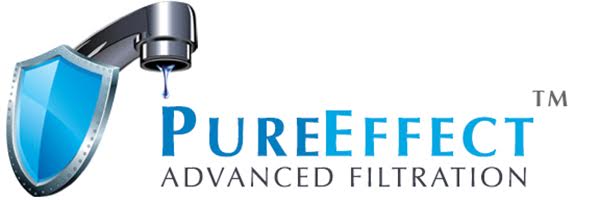The Recommendation
Debra Lynn Dadd Recommended Products is an expansion of the work I’ve already been doing for more than thirty years.
This is a consumer recommendation, created by a consumer advocate for consumers.
It is a universal Recommendation for all product types, which can be easily recognized on product labels and web pages as consumers shop.
Every Recommendation is done entirely by me and all decisions to make the Recommendation are made by me. I make my evaluations as any consumer would: by looking at the materials used to make the product to see if there are any known toxic materials present. But I also go further. I talk to manufacturers to get more information, and apply what I’ve learned about product ingredients and labeling from more than three decades of experience and study.
Debra Lynn Dadd Recommended Products is unique. It is not a seal or a certification, but rather a recommendation based on a review of the materials used to make the product, I verify for the consumer that the materials used to make the product will not cause harm under normal use. This review is available for consumers to read on this website. It gives the consumer information that allows them to make their own decisions.
Debra Lynn Dadd Recommended Products does the analysis for consumers in a materials review, then identifies products that have been found to be unlikely to do harm with a Letter of Recommendation and logo.

The logo can be used on websites, product labels, and other promotional materials to identify that the product has passed my materials review.
Each Recommendation includes:
- Background about the company and how the product line came to be
- A list of materials used to make the product
- An evaluation of the materials and their health effects
- Packaging materials and their health effects
- Where the product is made
There are a number of reasons why I wanted to include the materials review and not just grant a seal.
![]() Full Disclosure
Full Disclosure
The most important problem consumers face when trying to choose toxic free products is lack of information about the materials used to make the product. For many products, full disclosure of ingredients is not required by law. Debra Lynn Dadd Recommended Products includes a full disclosure of the materials used in the approved product along with my explanation and evaluation for each material as to why I consider it toxic free. Seals of approval and certifications generally do not includes a written evaluation of the product materials. By including this document, consumers can check and evaluate the data for themselves, and trust the Recommendation.
![]() Most Consumers Can’t Recognize Toxic Ingredients
Most Consumers Can’t Recognize Toxic Ingredients
I have been studying the health effects of chemicals found in consumer products for more than thirty years. Most consumers can’t look at a list of ingredients and tell you if they have toxic effects, have no effect, or have beneficial effects. My Recommendation not only lists the materials, but evaluates them for the consumer as well, to give a quick summary of the possible effects of the ingredients.
![]() Evaluation of Each Individual Ingredient
Evaluation of Each Individual Ingredient
Many certifications have a limited list of toxic chemicals that are not allowed in a product. Instead, I evaluate each ingredient used to make a product, so that each ingredient can be identified as being toxic or not.
My Materials Reviews list ALL the materials used to make a product, so any consumer who wants to can evaluate the safety of the ingredients for themselves.
![]() Nontoxic Claims Need to Be Substantiated
Nontoxic Claims Need to Be Substantiated
Here in the USA we have a “Truth in Advertising” law administered by the Federal Trade Commission (FTC). The federal law basically states that when consumers see or hear an advertisement, “that ad must be truthful, not misleading, and, when appropriate, backed by scientific evidence.”
The FTC in particular is concerned about advertising claims that can affect consumers’ health, both claims about positive benefit claims that may not be true, and claims of products being nontoxic, which may not be true. The FTC Guides for the Use of Environmental Marketing Claims (aka the “Green Guides”) give guidelines to help marketers avoid making environmental marketing claims that would be unfair or deceptive.
The FTC guides have specific sections pertaining to claims regarding toxic chemicals (section 260.9 Free-Of Claims and section 260.10 Non-Toxic claims).
Regarding claims of products being “free-of,” the guides say that any claims that a product is free of, or does not contain or use a substance “should be clearly and prominently qualified to the extent necessary to avoid deception.”
Regarding claims of products being “nontoxic,” the guides say, “Nontoxic claims should be clearly and prominently qualified to the extent necessary to avoid deception.
As a consumer advocate for products that are not likely to harm the health of consumers, the Materials Review aspect of Debra Lynn Dadd Recommended Products is my way of substantiating the claim that the products I recommend are unlikely to cause harm.
![]() The Materials Review is a Model of Information Every Manufacturer Should Provide
The Materials Review is a Model of Information Every Manufacturer Should Provide
By providing a written Recommendation, I also wanted to give manufacturers a model of the information I and other consumers would like to see about their products. By offering the Product Recommendation and logo, I can assist manufacturers in putting this information together, both for themselves and consumers.






